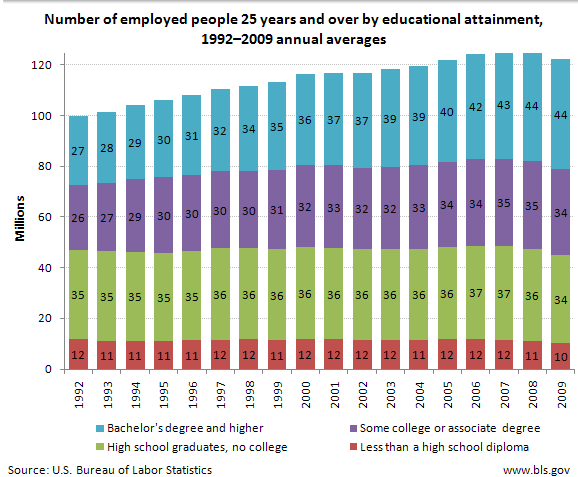Agenda for global centralized control system is public and out in the open
Steve Watson
Infowars.com
Friday, Jan 21st, 2011
We have referred many times to the push for a centralized world government control system as the “open conspiracy”. Groups such as Bilderberg, The Trilateral Commission and The Council on Foreign Relations are kingpins of this agenda, shaping the policies of the politicians and power brokers that they have effectively bought.
A rather bizarre article in The Economist today addresses this power structure and far from dismissing it as a conspiracy theory, simply reaffirms the fact that “the cosmopolitan elite” do indeed “flock together” at such gatherings and elusive clubs to shape the world that the “superclass” wishes to inhabit.
Of course, The Economist is a perfect avenue for the open conspiracy to be flaunted, given that its editor is a regular attendee at the annual Bilderberg conference, an admission the piece proudly discloses in its opening paragraphs.
Tongue firmly in cheek, the piece describes Bilderberg as “an evil conspiracy bent on world domination”, and then goes on to affirm that actually yes, the group really does dominate world events.
It was responsible for the single European currency, it plays host to the world’s most influential aristocrats and business people, as well as a small cadre of journalists, representing the biggest global media corporations, who are sworn to comply with Chatham House rules, meaning they cannot disclose any of the “big ideas” that are hatched at Bilderberg.
“The world is a complicated place, with oceans of new information sloshing around.” the piece continues, “To run a multinational organisation, it helps if you have a rough idea of what is going on. It also helps to be on first-name terms with other globocrats. So the cosmopolitan elite–international financiers, bureaucrats, charity bosses and thinkers–constantly meet and talk. They flock to elite gatherings… They form clubs.”
Read the entire article
The reason Presidents Barack Obama and Hu Jintao went to such great lengths during Wednesday's White House lovefest to declare that the U.S. and China can get along in peace and prosperity for years to come is that neither man is convinced they will. In fact, the U.S. and China are entering a dangerous two-year period during which the pressures for confrontation are as likely to build as they are to abate.
It was partly in the hope of defusing already mounting pressures on both sides that Obama and Hu went to such lengths of civility. Major power centers on both sides want a more confrontational policy. The Chinese military, driven by nationalism and self-interest, has accelerated its push for a blue-water navy and expanded its claim to the South China Sea. State-run industries, and their protectionist backers in the State Council, have sought to tighten access to China's manufacturing contracts. And the propaganda department of the Chinese Communist Party has heightened the rhetoric of confrontation. (See pictures of Hu Jintao's day at the White House.)
At the same time in the U.S., calls for economic punishment of Beijing are growing louder - and more politically popular. In September, the House passed by 348 votes to 79 a bill that would slap tariffs on China's exports in retaliation for it manipulating its currency value, which the bill's authors believe drives up the price of U.S. products and costs Americans their jobs. That legislation came close to passing the Senate in the final days of the lame-duck session, when Senators from both parties tried to "hotline" it straight to the floor of the chamber where it could pass without a vote while no one was looking. A GOP Senator called the cloakroom hours before the bill was to reach the floor and put a hold on it.
The Administration has been eyeing the mounting tension with concern. "It's very dangerous because at the moment you have both in China this deeply nationalist, insecure, fear-ambition-arrogance thing going on," says a senior Administration official, "and you have a bunch of Americans who are scared and angry and feel it's all unfair."
Read the entire article




 during a Tuesday chapel service at John Brown University, a private Christian university based in Siloam Springs, Ark.
during a Tuesday chapel service at John Brown University, a private Christian university based in Siloam Springs, Ark. Texas Republican Rep. Ron Paul assailed as "nonsensical" the recent attempts at stiffening gun control laws in the aftermath of the shooting rampage in Arizona that killed six and left thirteen injured
Texas Republican Rep. Ron Paul assailed as "nonsensical" the recent attempts at stiffening gun control laws in the aftermath of the shooting rampage in Arizona that killed six and left thirteen injured



